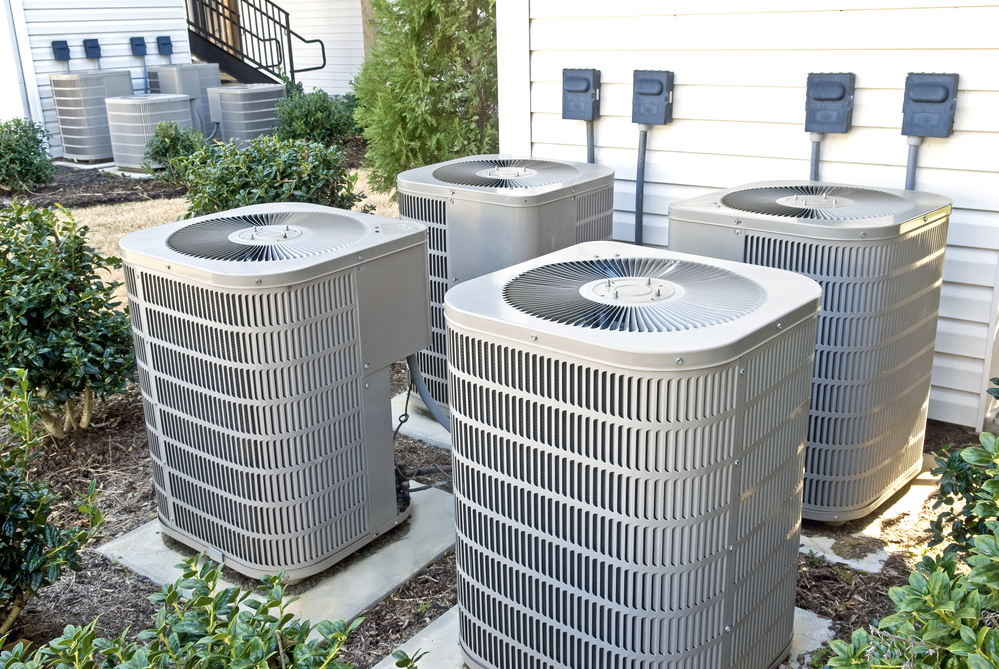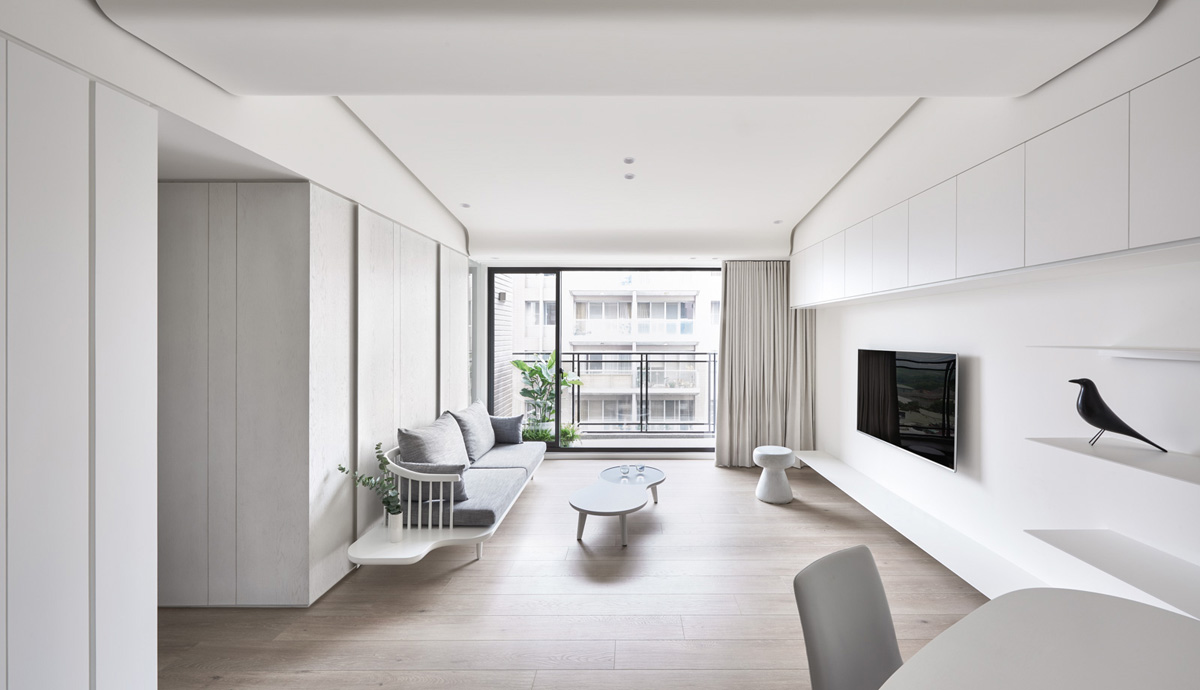
Your HVAC unit is a big investment for your home, and the longer it lasts the more you get your money’s worth. Typically, an air conditioning unit lasts somewhere between 10 to 15 years. While much of the life expectancy of your AC is determined by its model and use, a lot has to do with the kind of care and maintenance it receives over time. In general, regular cleaning and maintenance can save you money and extend the lifespan of your HVAC unit.
The Heating, Ventilation, and Air Conditioning (HVAC) system consists of an AC, furnace, or a heat pump that provide both heating and cooling. Both usually have an interior unit, a blower and evaporator, and an exterior unit, compressor and condenser coil. All these components will require regular attention to ensure your HVAC is operating at its highest efficiency. Here are a few tips and tricks to help extend the lifespan of your HVAC unit.
- Regular Professional Tune-Ups
When it comes to extending the lifespan of your AC unit, annual HVAC tune ups are extremely necessary. They not only help you to keep your AC unit in an excellent condition, but also help to identify problems early before they begin.
Find a great HVAC company and schedule for an annual AC tune-up. The best time for tune-ups is during spring, right before the hot summer months set in, where you’ll need to use your AC more frequently. Your HVAC company will then come to your home and inspect all the components of your HVAC system, clean them, and fix any problems they find.
Keeping up with your annual AC tune-ups will ensure that it’s unlikely that the HVAC technicians will uncover a large problem during the subsequent visits. In most cases, the visits become routine checkups, with minor occasional maintenance or repairs. Preventative maintenance is always the best approach.
- Help Your HVAC System to Take Care of You
It might sound kind of ironic, but your cooler also needs to stay cool too. A lot of energy is required to maintain a comfortable temperature around your home, and it won’t help if the unit is exposed in an area where the hot summer sun is beating up on it. And it’s not just the sun your unit needs protection from, but all the elements like wind, rain, snow, hail, etc.
These elements can potentially cause damage to your unit and raise your energy bills. Provide your unit ample protection by planting trees, shrubs, and bushes around it to offer the much-needed shade and protection from the various elements. Alternatively, you can put up a wall or install an awning above the unit. This will definitely help add some years to the lifespan of your unit.
- Improve the Air Circulation Around the Unit
The HVAC units is always working hard to bring in fresh, cool air into your home. Ensure that the once the air passes through those vents, it’s allowed to freely circulate your home. Have any obstructions around the vents cleared away. The idea here is that when the cool air is allowed to circulate freely into your home from the vents, the AC unit won’t have to work as hard to maintain a steady temperature and keep the air around your home consistent.
- Clean the Unit Regularly
Every once in a while, you unit needs a good bath, just like everything else. Even with the necessary protection in place, it’s important to clean your unit regularly to keep it pristine. Unfortunately, considering there’s an outdoor unit involved, the process can get a little dirty. Be sure to clean out any dust, leaves, dirt, and other debris from the unit to keep it running properly. Take a peek at the provided owner’s manual before you start cleaning your AC unit. It will provide the necessary information and guidance on the proper cleaning procedures to prevent you from accidentally damaging your unit.
Once you’re done cleaning the unit, rake back all the leaves and other debris surrounding the condenser, and cut back the vegetation and branches for at least 2 ft. in all directions to maintain ample airflow around the unit. During the winter months when the condenser is not in use, always cover it with a piece of plastic or plywood to prevent debris from falling in. however, don’t cover the sides as moisture can easily build up inside and cause corrosion, and can encourage vermin to create nests inside. Be sure to remove the cover when you start using the unit.
- Inspect the Air Ducts
The air ducts are some of the common culprits behind the unit not providing enough cool air for your home. In most cases, the air ducts have developed holes that let air out before reaching your house. Sealing these gaps will ensure that all the air produced by your unit makes it into your home, saving you the extra energy you might have had to use to keep your home cooler.
Dirty air ducts can also obstruct and slow down the air flowing into your home. Dirt and debris can accumulate in the air ducts over time, obstructing the flow of the cool air. Regular cleaning will take care of this, and at the same time improve the indoor air quality by reducing the amount of dust in the air.
- Rely on Other Sources of Cooling When Possible
You don’t always have to depend on your air conditioning to keep your home cool. Other sources of fresh, cool air will save your AC unit from working hard all the time. For example, during night time, consider using floor or ceiling fans to keep your room cool while you sleep. You can also take advantage of the cool summer breeze by opening your windows and letting your AC rest for some time. Have your drapes and blinds closed during the hotter parts of the day to block out the sun’s heat.
With these tips, you should be able to get many years of service from your Bluon HVAC unit, without sacrificing the comfort in your home. Any tips we left out on our list? Which of these tips do you plan on implementing?

